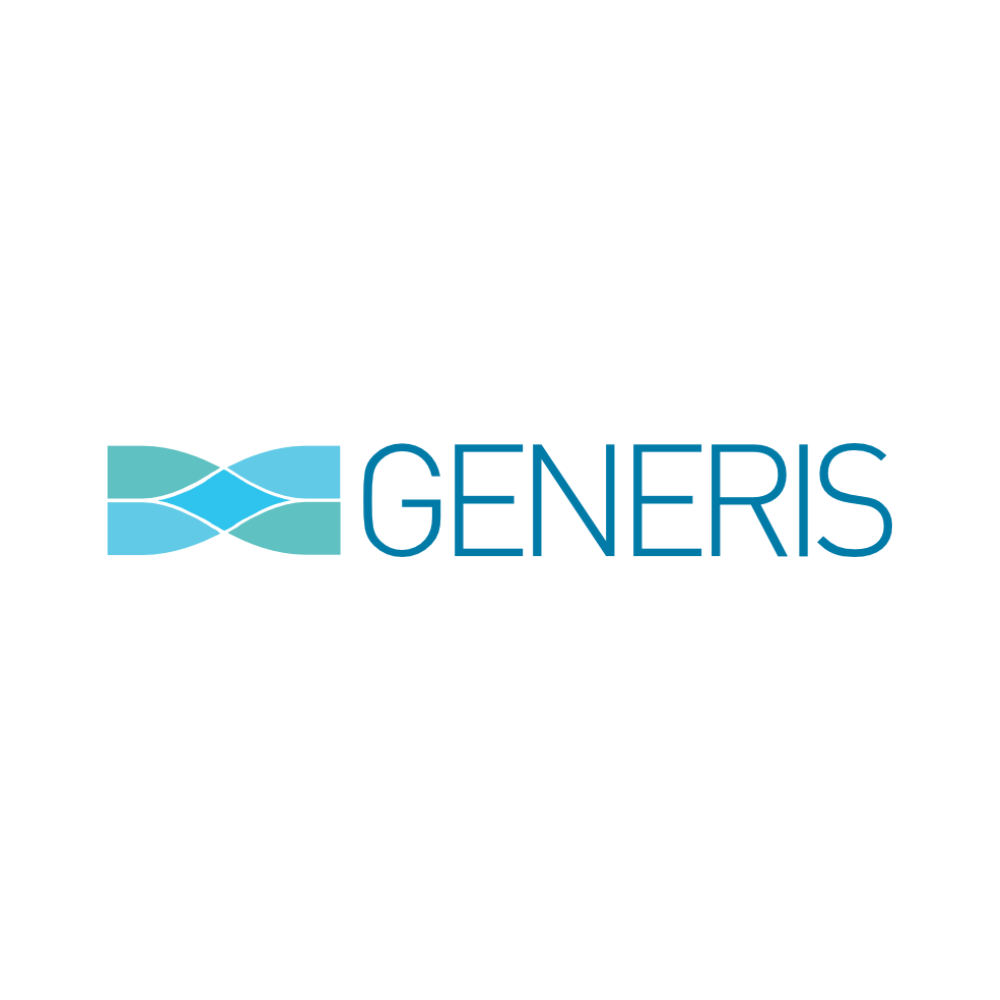We were honored to have Victoria Yeager, Head of Global Pharma Procurement Contracts & Compliance at Genentech, join us as a key speaker at the 2017 American Pharma Outsourcing Summit where she discussed “To Outsource or Not to Outsource? Developing Your Ideal Contract Support Model.”
We sat down with Victoria at the summit to gather her insights on the current and future state of the pharma outsourcing industry. Watch the full video interview above or read a partial transcript below.
What do the next 5 years in the outsourcing space look like?
The next five years in the outsourcing space, in my opinions, looks like more outsourcing. I think if we go back to the (Peter) Drucker Quote – to paraphrase – “do what you do best and outsource the rest.” I think that’s going be even more and more important and the reason is, in the pharma industry, things are changing so fast we have to be agile, and so allowing companies to focus on what they do best and their partners to focus on what they do best will allow everything to operate much more smoothly and agilely, which I think is really important.
What is the greatest challenge organizations need to overcome to be successful?
The biggest challenge that most organizations need to overcome to be most successful is really to utilize the resources they have to their best ability – and I mean that as both internal and external resources. If you think about having a “speak up” culture in which everybody is able to communicate what they see, you, as a leader of that company have a 360-degree view, and if you not only give people the opportunity to speak up so that you’re hearing everything but if you also empower them so they can make the changes on the ground rather than waiting for somebody else to do it, you can really allow your company to operate as successfully and efficiently as possible.
When it comes to contracts, what are the main challenges organizations need to overcome?
Contracts are generally seen as pain points in pretty much every single organization. They can’t be done quickly enough and the money that you’re spending on any of those cost avoidance or risk management measures is money that’s not being spent in the labs researching or doing clinical trials. So the more you can do to reduce those costs, the faster that you can turn around those transactions, the better the business can operate.
What advice would you give to companies looking to lead their contract teams to success?
I like to think of risk management overall as a value pyramid so I would encourage anybody who’s engaged in the space to take a look at how they are managing risk. When you’re looking at the highest risk, do you have your highest cost, most specialized resources focusing on that? If they’re down working on day-to-day transactions, it’s not the best use of their time nor the best use of your resources. So think about your most valuable, most costly resources focusing on the highest value-add activities, then look for a team like mine perhaps if you want to have a centralized contract structure, that can do all the day-to-day business transactions, and then can also either outsource or self-service or automate different opportunities, things that are lower risk. So, again, it’s thinking of that value pyramid and looking at your risk management through that lens.
What advice would you give to those looking to minimize risk and maximize the effectiveness of outsourced contract activities?
I think one of the most important things you can do to have an effective outsourcing relationship is to think of your vendor that you’re working with really as a partner and not as a vendor. One of the things I’ll talk about in my presentation (at the American Pharma Outsourcing Summit), is the “One Team” mentality. Take the time before you even engage with them, to go see what their site is like. What is the quality of the work that they’re doing? What is the morale of that team? What’s the culture? Does it fit with yours? Because the more you fit just naturally from the culture upfront, the more you then work together, the more successful the relationship will be. If you think about it, when you’re that closely working with somebody, especially if you’re outsourcing critical things like manufacturing or key components of your operations, you sink or swim together, so having people incentivized, thinking of each other as partners, not as a servant-type relationship, I think really is a big secret to success.
When assessing contracts, what are the key questions that you ask yourself?
First, I look at what are the objectives on our side and have we incentivized our partner to meet those objectives. So, in other words, if we are successful, are they going to benefit from that success? And, similarly, if they do something that’s going to hurt us, are we setting up that contract so that it is not a direction they’re ever going to want to go in? So really, aligning incentives is number one.
Second, the ongoing governance and supplier relationship management are really key because there’s an opportunity to hear from them what’s working and not working. They may sometimes have insights on how you can do things better and vice versa. You know, you can be giving them feedback very quickly on things that aren’t quite right before they blow up into a bigger issue.
What is the one key takeaway you want people to leave your talk with?
So my talk is a bit of a different topic (than most of the event), it’s less about external manufacturing and more about really looking at contract operations and how to potentially leverage outsourcing to improve those operations.
What I want people to walk away with is recognizing that yes we outsource manufacturing, clinical trial, some research, etc., but the day-to-day business operations are also a tremendous opportunity for outsourcing.
To watch Victoria Yeager’s talk at the 2017 American Pharma Outsourcing Summit, and view this year’s program, request access to our site.
%20(1).png?width=773&height=112&name=Generis%20Logo%20full%20Colour%20(Large)%20(1).png)

.png)
-2.png)
